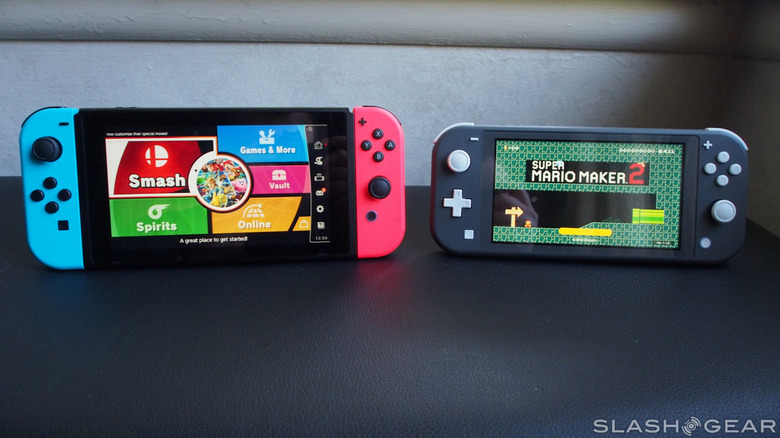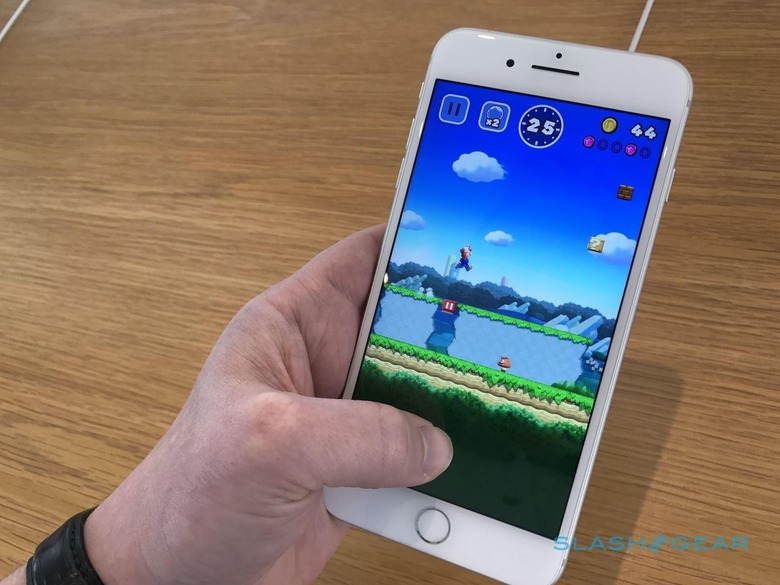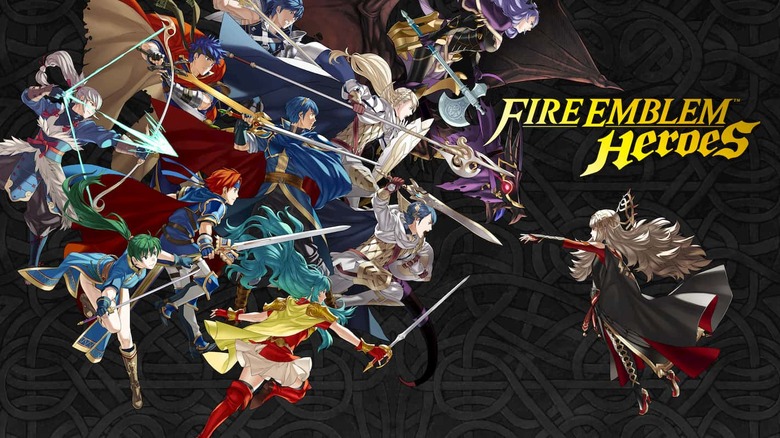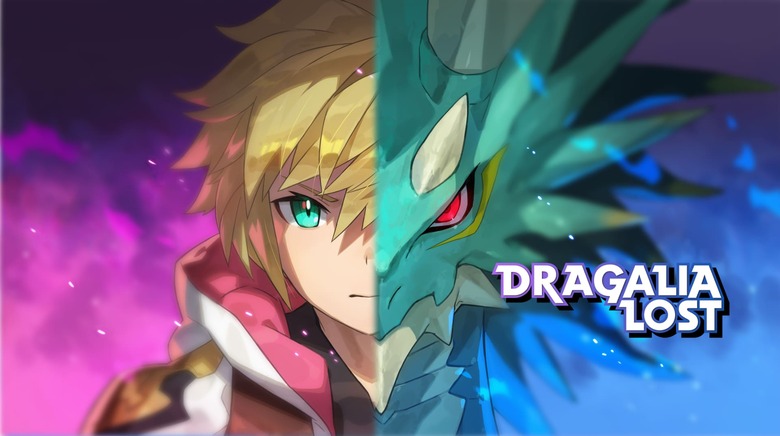A tale of two Nintendos
Over the course of this generation, Nintendo has gone from having a disaster of a console on its hands with the Wii U to enjoying the feeling of hitting it big with the Switch. I enjoy the Switch immensely, as it's my most-used gaming platform beyond my PC. I play my Switch for some amount of time nearly every day, even if it's just for 10 or 15 minutes in bed at the end of the day. I think there are a number of Switch games that are among the best of the generation and I'm excited to see where the console goes from here.
On the heels of the failure that was the Wii U, Nintendo has been knocking it out of the park in supporting the Switch from day one. The Legend of Zelda: Breath of the Wild turned the Zelda franchise on its head and did it so successfully that people are still recommending it as one of the console's must-have games. Other first-party titles like Super Mario Odyssey and Fire Emblem: Three Houses are masterclasses in their respective genres. In short: The Switch is a wonderful little machine and I think anyone who is a fan of video games should consider getting one.

With that said, the games that have been coming out of Nintendo HQ haven't all been worth your time and money. While the care that went into crafting many Switch titles is obvious, the same can't be said for Nintendo's mobile efforts. In fact, if your only experience with Nintendo games was limited to the company's mobile offerings, you'd probably believe that these were all just by-the-books mobile titles with heavy handed microtransactions made by any number of no-name developers looking for a quick buck.
When the Wii U was still Nintendo's primary home console and the company had to rely mostly on the 3DS to bring in that hardware money, it started looking for more ways to bring in extra revenue. There had been whispers of Nintendo entering the mobile space since the very first smartphone with an app store was released, but things didn't really start picking up Steam on that front until 2015, when Nintendo announced a partnership with DeNA to create a number of mobile titles based on its long-running properties.
By 2015, many gamers were already wary of the mobile games industry as a whole – including me – but I was a little optimistic that maybe Nintendo wouldn't fall into the free-to-play trap of trying to squeeze players for as much money as possible so they can progress in games that aren't very good in the first place.

Some of Nintendo's early mobile games actually justified that optimism too, particularly Super Mario Run, which was billed as a "free-to-start" game that required a one-time purchase to continue playing once you reached a certain point. I quite liked Super Mario Run, both in terms of the content it offered and the money it wanted me to spend.
Unfortunately for those of us who were hoping that Nintendo would do something to shake up mobile game monetization, Nintendo wound up saying that Super Mario Run didn't meet its expectations and continued to experiment with monetization schemes.
Then Fire Emblem Heroes released and Nintendo realized just how much money it can milk from mobile players.

Don't get me wrong: I don't hate gacha games. I've played a number of them throughout the years and it's easy to see why gacha systems – which have you spending premium currency to randomly "summon" or "pull" heroes and items that can help you progress further – are popular among both publishers and players.
From a player's perspective, it's fun to pull for new units and attempting to form a viable team out of what you get. And obviously for publishers, gacha systems can bring in ridiculous amounts of cash from players who simply need to have the most powerful units and don't care what they have to spend to get them.
While I have enjoyed plenty of gacha games in the past, they are easily the worst offenders when it comes to aggressively addictive monetization schemes. The term "pay-to-win" never hits more true than it does in a gacha game, and given that you generally need to pull for new units and heroes if you want to keep pace with other players, gacha games can be bad news for those with addictive personalities.
In the end, Fire Emblem Heroes ended up making more money than Super Mario Run did, and it did so with far fewer downloads. At that point, any hope that Nintendo would do something to shake up the mobile space was probably already dead.

Fast forward to today and Nintendo's mobile lineup has all the familiar trappings of free-to-play garbage. Dragalia Lost – a game I actually played for a long time and did really enjoy – is another of Nintendo's mobile games that relies on a gacha system to make its money. Animal Crossing: Pocket Camp is one of those wait-to-play mobile games that allows players to spend to speed up progress, and now it has two new monthly subscriptions that players can sign up for to progress even faster.
Mario Kart Tour seems to be the worst offender of the bunch, combining the subscription method with a gacha system. Not only do you have to use the gacha to obtain new racers, karts, and items, but you also have the option to subscribe to the Mario Kart Tour Gold Pass to unlock 200cc races and get a monthly helping of new racers.
While Nintendo's mobile games may have showed hope for a monetization shake up at the beginning, that is non-existent at this point. Nintendo's mobile games have fallen in line with the rest of them, looking to make a quick buck by leveraging Nintendo's well-known properties in games that view players as bank accounts to be raided.
It's a shame too, because Nintendo has swayed the games industry single-handedly before. We saw that with the Wii – when it became clear that Nintendo's motion controls were a hit, Microsoft and Sony were basically forced to respond by launching Kinect and PlayStation Move. Perhaps Nintendo could have inspired a similar shift in the mobile industry in attempting to lead by example, but at this point, we'll probably never know.
In comparing its first-party Switch games to its mobile lineup, it almost seems that there are two different Nintendos steering the ship. On the one hand, we've got Switch games, which are generally built out well with a lot of content and, in some cases, fair DLC. On the other, we have Nintendo's mobile games, which use the company's familiar cast of characters to pull people in and then hits them with a litany of microtransactions once they're playing.
It seems the differentiating factor is the Switch itself. On the home console front, Nintendo has hardware to sell, so of course it wants to create value for that hardware by making really good games. On mobile, there's no hardware to sell, just money to be made. In a way, the hope of Switch sales keeps Nintendo honest, as there hasn't been much sign of these aggressive microtransactions making their way to Switch games. Let's just hope that Nintendo never winds up exiting the console business, eh?
